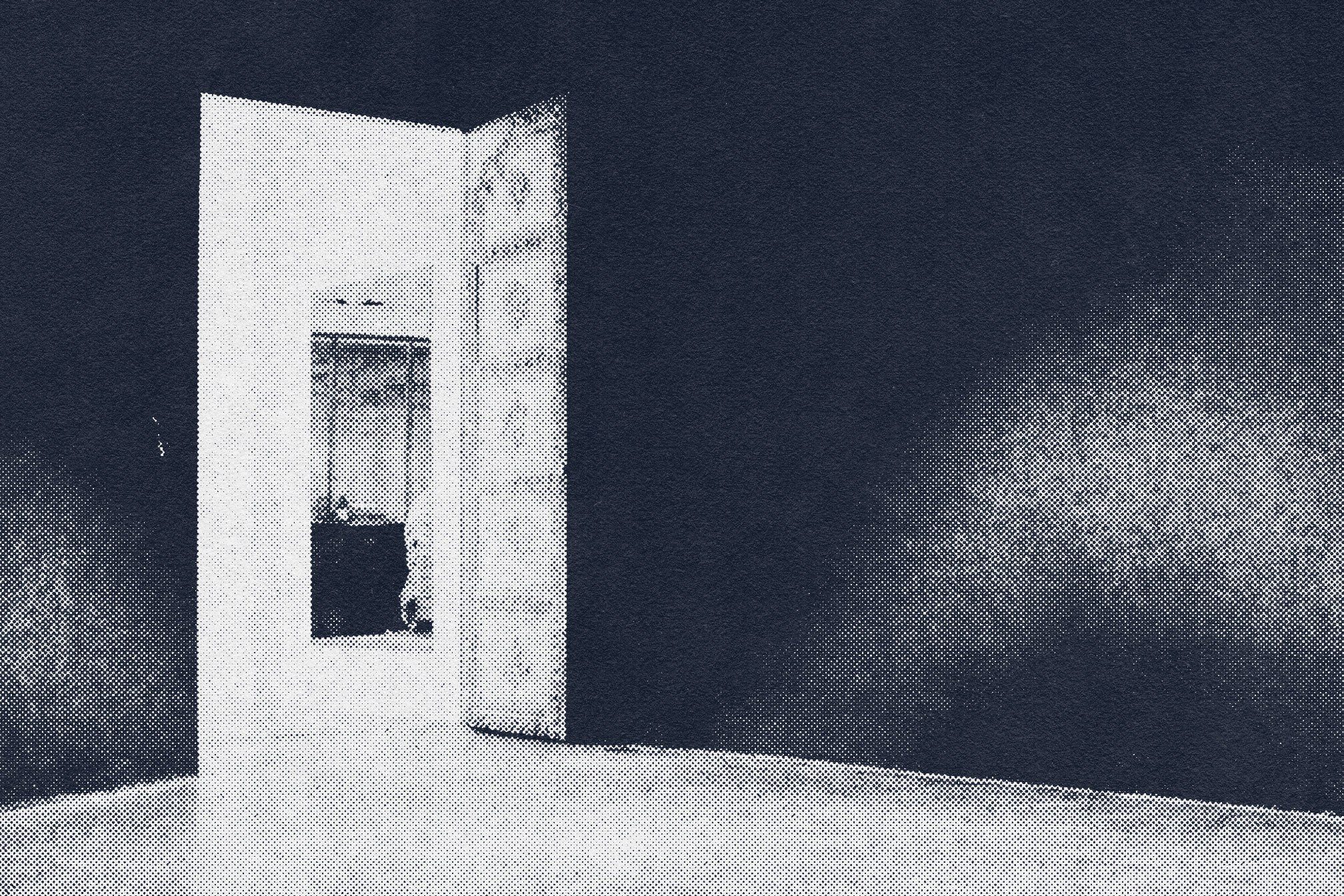 Features
Features
The year of no gigs
Marcus Barnes talks to six artists about how they've coped with, and adapted to, lockdown
2020 presented a whole new world of challenges for all of us. Besides the clear and present danger of a vicious new virus spreading around our planet, the measures taken to ensure populations were protected, and the spread of the virus limited, led to the closure of countless businesses. For electronic music culture this has, of course, been a significant and devastating blow, with the live sector - clubs, festivals, concerts and gigs - completely obliterated. Not only have thousands of musicians been left without one of their main sources of income, but the very nature of their work, typically freelance living hand to mouth, means they’ve been thrust into survival mode. Many governments around the world have offered them little support and, even when loan or grant schemes have been introduced, some artists have themselves to be ineligible due to the inconsistency of their income. On the flip side, many artists have found that having a break from relentless touring has given them the space and time to be more creative, to rest, to explore new aspects of their musicality, and to reflect and work on themselves. It’s been a complicated situation, with a wide range of nuanced experiences and perspectives, within our shared global experience, during one of the most tumultuous, unprecedented years in modern times.
“I’ve been talking with a lot of other artists and the effect has been mixed,” says Sebastian Mullaert. The Swedish producer has maintained a successful career over the past 20 years. Most recently his Circle Of Live concept, where a group of artists work together to improvise a live session, won him plaudits from across the industry, picking up bookings across Europe and the rest of the world. This year he had around 80 bookings on his calendar, all of which were cancelled or postponed. “For me ‘mixed’ is the perfect summary of this year, it’s been a storm,” he continues. “It’s not that it’s been only one thing, only good or only bad.” Sebastian owns a company, Circle Of Live, with manager Niko Seizov, plus a bed and breakfast called Villa Söderåsen. Niko and Sebastian split their income 50/50, straight down the line, on all of their earnings and they’ve maintained the agreement throughout this year, despite its challenges. For instance, when Sebastian successfully got himself a €5,000 grant from the Swedish Arts Council, he shared half with Niko. “We split everything, I’m really radical with that,” he says. “The main thing that kept us alive was our educational platform, an extension of Circle Of Live called Circle Of Live - In Bloom.”
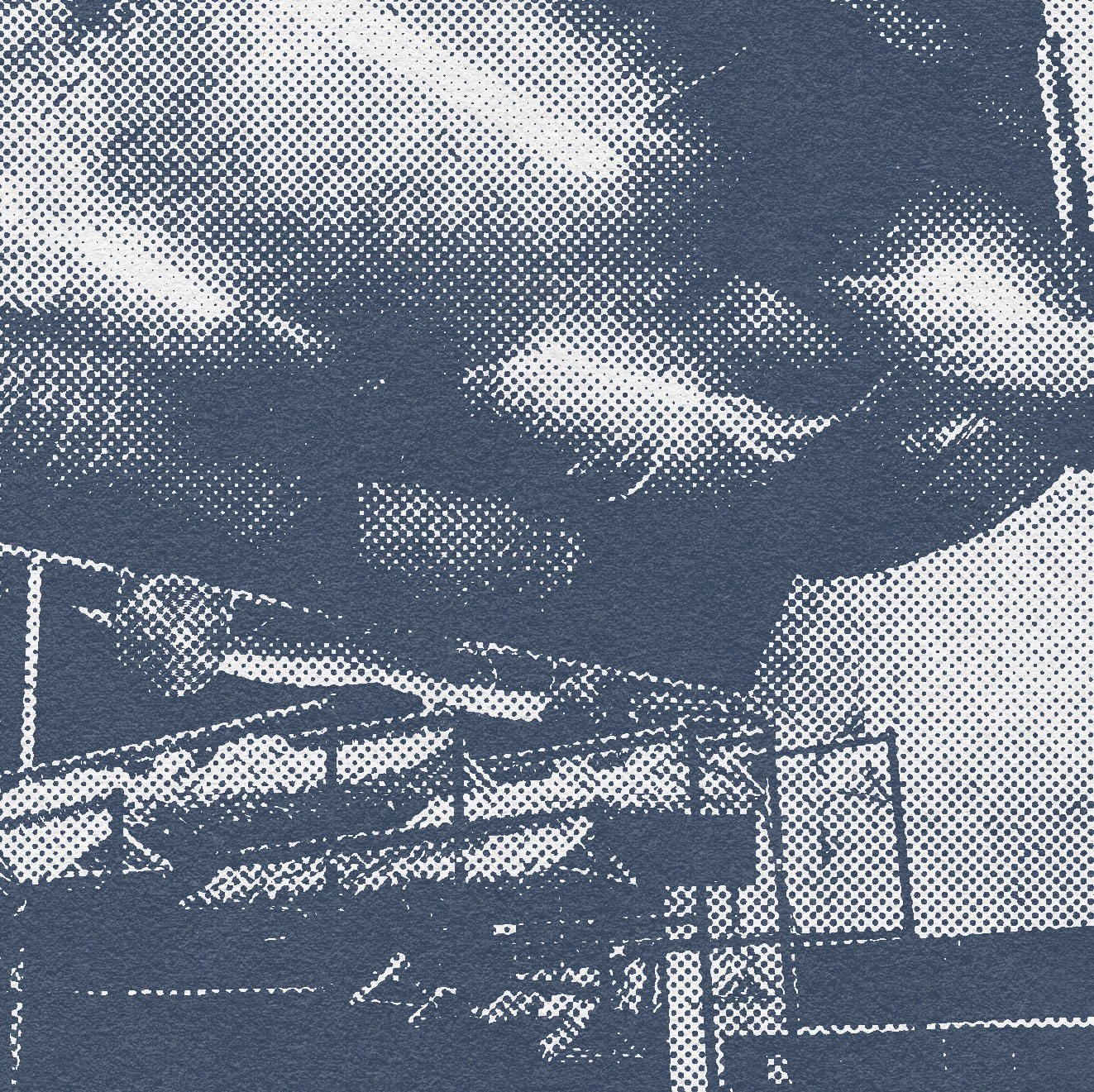
Sebastian set the platform up in June, while trying to keep his hotel afloat and cover the rent of his studio, as well as his living costs. Fortunately, restrictions in Sweden were eased over the summer and the hotel enjoyed the high season, albeit with less staff, meaning Sebastian was working 15-hour days seven days a week. “In the middle of that we decided to set up the educational platform,” he explains. “I told Niko, ‘I can’t do it’, even though it’s been my dream for the last 10 years.” They pooled their resources and hired an extra person to assist behind-the-scenes and, eventually, managed to launch the In Bloom school. “We’ve just come to the end of the second 10-week cycle, it’s been fully booked. We managed to pay our bills, but we aren’t paying ourselves a salary,” he explains.
Other artists have set up similar endeavours to mitigate the effect of the pandemic on the incomings, offering online tutorials and classes for those who want to learn how to produce. 3024 boss Martyn has been using Patreon to offer production tutorials. Slovenian techno star UMEK and Swedish house producer Ken Bauer have turned pandemic plight into an opportunity to pass on their knowledge to others, both turning to online teaching. Kyiv’s renowned underground space Closer has converted its studios into a music school. Closer Connections is the brainchild of Roman K and features artists such as Bamboo, Pavel Plastikk, Leftie, Gnatenko, Alex Pervukhin, and Alisa Mullen, who hosts their PR classes. The key disciplines include DJ basics, DJ pro, production and Ableton live, and PR & social media marketing. London party brand Secretsundaze are also investing their Arts Council grant into building new educational facilities.
Read this next: Music venues awarded grants of up to £1 million from Arts Council England
Sebastian goes on to speak about the way in which electronic music artists are judged by others. There’s a misconception that since they can earn several thousand Euros per set, that they’re well-off and able to coast through life’s ups and downs with ease. But this is not always the case. Many artists have costs beyond their day-to-day outgoings, such as staff salaries to pay and percentages that are taken by managers, bookers and so on. The cost of running your own business is invisible to most observers and so it’s assumed that most touring DJs have a large degree of personal wealth or disposable income. However, many artists live month to month, hand to mouth, with no guarantee of how much they will earn, while still trying to cover their bills. Often this means that up and coming artists still work normal jobs while in the early stages of building their career from the ground up. “I had a full-time job, I was a receptionist at a music advertising company,” says Effy. The 25-year-old left her job last January after picking up a residency at E1, accompanied by a string of bookings and releases throughout the year. “The music opportunities were starting to outweigh my regular job, so I saved enough money to keep myself afloat until April and decided to leave. Three weeks later COVID arrived.”
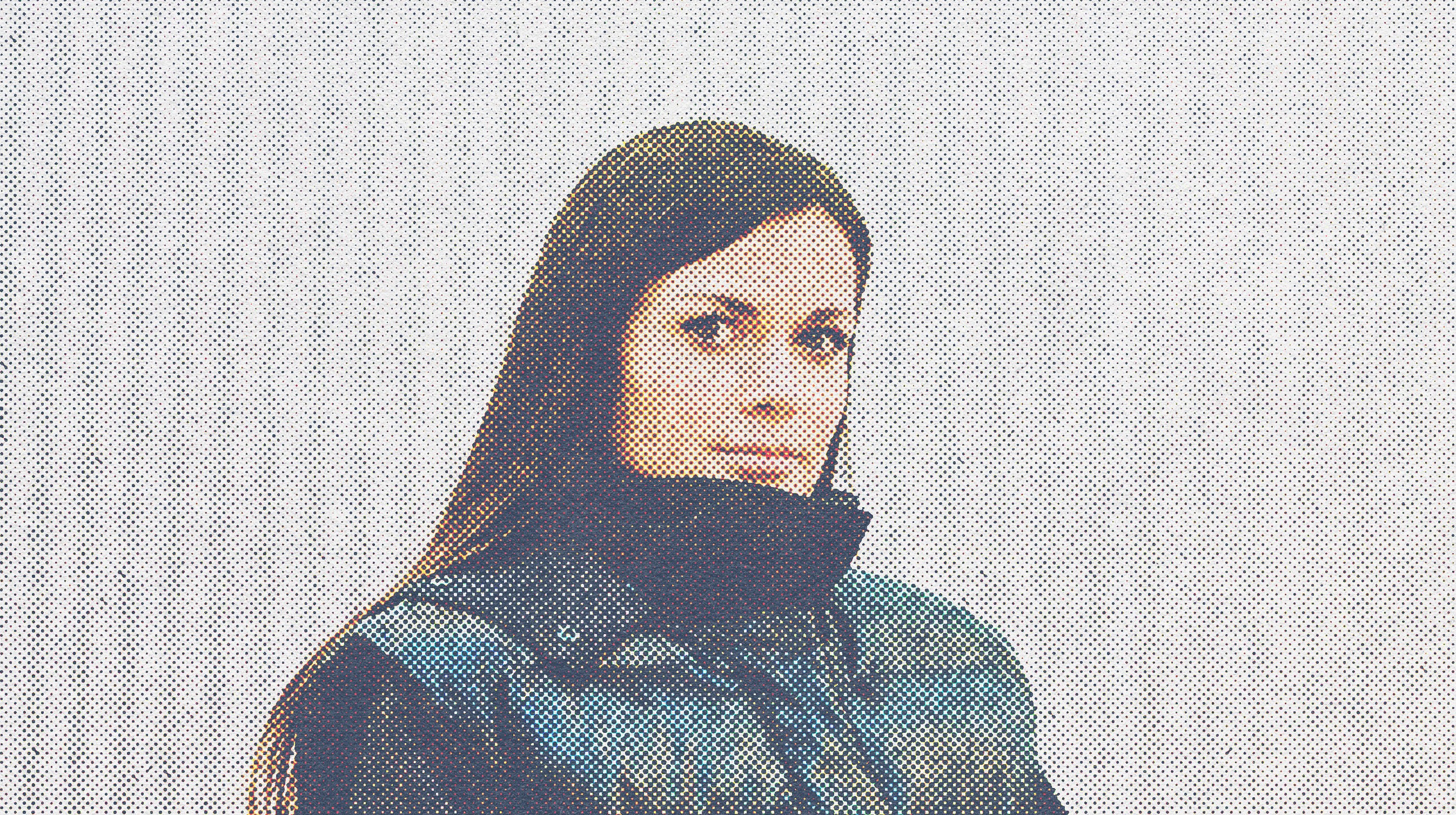
Syreeta has a similar story. Putting all her spare time and energy into DJing for the past six years, the He.She.They resident featured in Mixmag’s Paris Lab alongside Jamie Jones last November, alongside a one-page introductory feature in the magazine. “From then I was like, ‘That’s it’. I left my job as a truck driver to start 2020 as I meant to go on,” she says. “I was booked for fabric, Room One, we had Printworks lined up. We had Ministry, quite a few festivals. It was like, ‘This is it, time to shine’.” She played XOYO in March, which was to be her last live gig of the year.
“I still had some savings so I was alright for the first four months,” she says, revealing that she eventually went back to her old job. “I’ve done a few streams but they don’t pay the bills so I’ve gone back to part-time truck driving. I’m lucky that I have that to fall back on, and it’s an industry that hasn’t suffered too much,” she adds.
Read this next: Six DJs respond to the government telling them to get new jobs
Effy hasn’t been as fortunate, applying for Universal Credit, the UK’s national welfare system, in order to survive, as well as having her mum pay her rent (which she will eventually have to pay back). It’s not something she’s particularly proud of, but she feels it’s imperative to stay in London for the sake of her mental wellbeing and her music career. “For my mental health, it’s important to be here, my friends are here and it stimulates my creativity,” she explains.
“My mum has been making lots of sacrifices. I don’t rely on her every month, I try my absolute best to survive until I’m into my overdraft,” she adds. “I’m so privileged I have her, without her I’d be homeless. But she is keeping a tally of the money I owe her, which puts me in a lot of debt.”
The complexities of a freelance music career are often incompatible with the rigid structure of government welfare systems. In fact, music career or not, millions across the UK, and the rest of the world, have fallen outside the parameters of government support systems. In Effy’s case her Universal Credit allowance is reduced any time she receives payments for music she’s made. “Even if you get £50 they halve the Universal Credit payment,” she explains. “The system is fucked. It’s highlighted the fact that I will always have a roof over my head, I can’t bear to think of the people that don’t.” The standard allowance offered through Universal Credit for a single person under 25 is £342.72 per month. That’s £85.68 per week. Data suggests that the average monthly cost of living in London is £840, excluding rent.
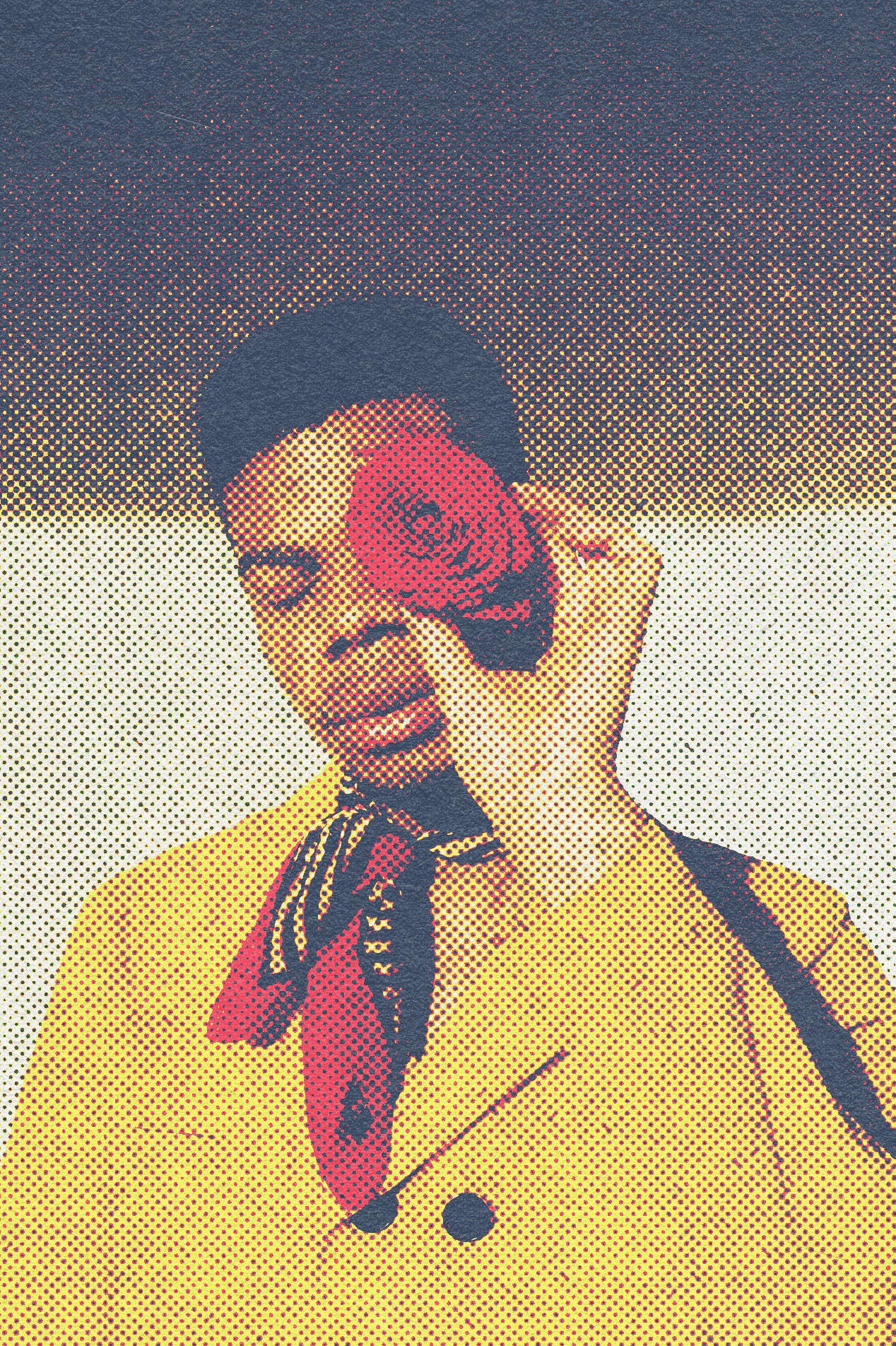
For Poté things have been more positive. The 26-year-old, who’s been deep in album production throughout 2020, signed up to a French scheme which subsidises salaries for workers in the creative sector, who alternate between periods of employment and unemployment. It’s called Intermittence Du Spectacle and it’s meant that this year he has had regular income. With a significant dip in his earnings, the scheme has been a lifesaver. Freed from the burden of making ends meet, and back at his parents’ place (“where it all started, in the bedroom”) in London, he’s been able to focus on the album. “I’ve been up every morning working on tracks, getting my head down,” he says. “It was a nice process to not have many distractions or think about traveling or anything.”
Over the past nine months he’s been deep in album production, also mixing the tracks himself. Alongside the album he’s also taken time to learn the bass guitar, adding a new dimension to his studio endeavours, using YouTube tutorials and leaning on friends who he’d call “every two minutes” trying to figure it all out. “It’s so much fun, it felt like when I learned how to play basic keys, when you get that ‘unlocked’ moment in your brain,” he says excitedly.
“It gave me time to find what I want to sound like after this time, forming itself organically through the amount of time and space I’ve had to reflect,” he adds. “That has an effect on what you write and how you sing.”
Syreeta has also utilised the time out to expand her repertoire, immersing herself in production to complement the DJing. “It’s been great being able to throw myself into learning how to produce because I’ve got nothing else to do. It’s been super fun and a struggle too, as I’m such a perfectionist,” she says. Now armed with a few EPs ready to unleash in 2021, she jokes about the all-nighters spent tinkering with her tunes, only to come back to them the next day and realise they were not up to her standards.
BBC Radio 1 host Jaguar has also found 2020 to have been rewarding in its own unique, slightly twisted way. After being part of the BBC Introducing team for the last five years, she landed her BBC Introducing Dance show on Radio 1 in April. The show has not only given her something to focus on, but it’s also provided a much needed international platform for up and coming producers up and down the UK. “It gave me something to focus on and more of a purpose. It came at a really good time, not just for me, but for new artists who can’t get their music played in clubs,” says the 25-year-old. “Now they’ve got a space where they can be played on Radio 1.”
Similar to Sebastian, Jag has never been so busy. Which can be a blessing, and a curse. She’s grateful for the opportunities, her diverse skills giving her the chance to survive through the pandemic. Though, it hasn’t all been plain sailing. “At the beginning of the year, I’d just moved flat in February but I left for five months to go to my girlfriend’s house in Gloucestershire in the countryside,” she explains. “It just made more sense, being in the country, especially for our mental health. I’m pleased I did that but it was really painful as I was paying full rent for the flat in London.”
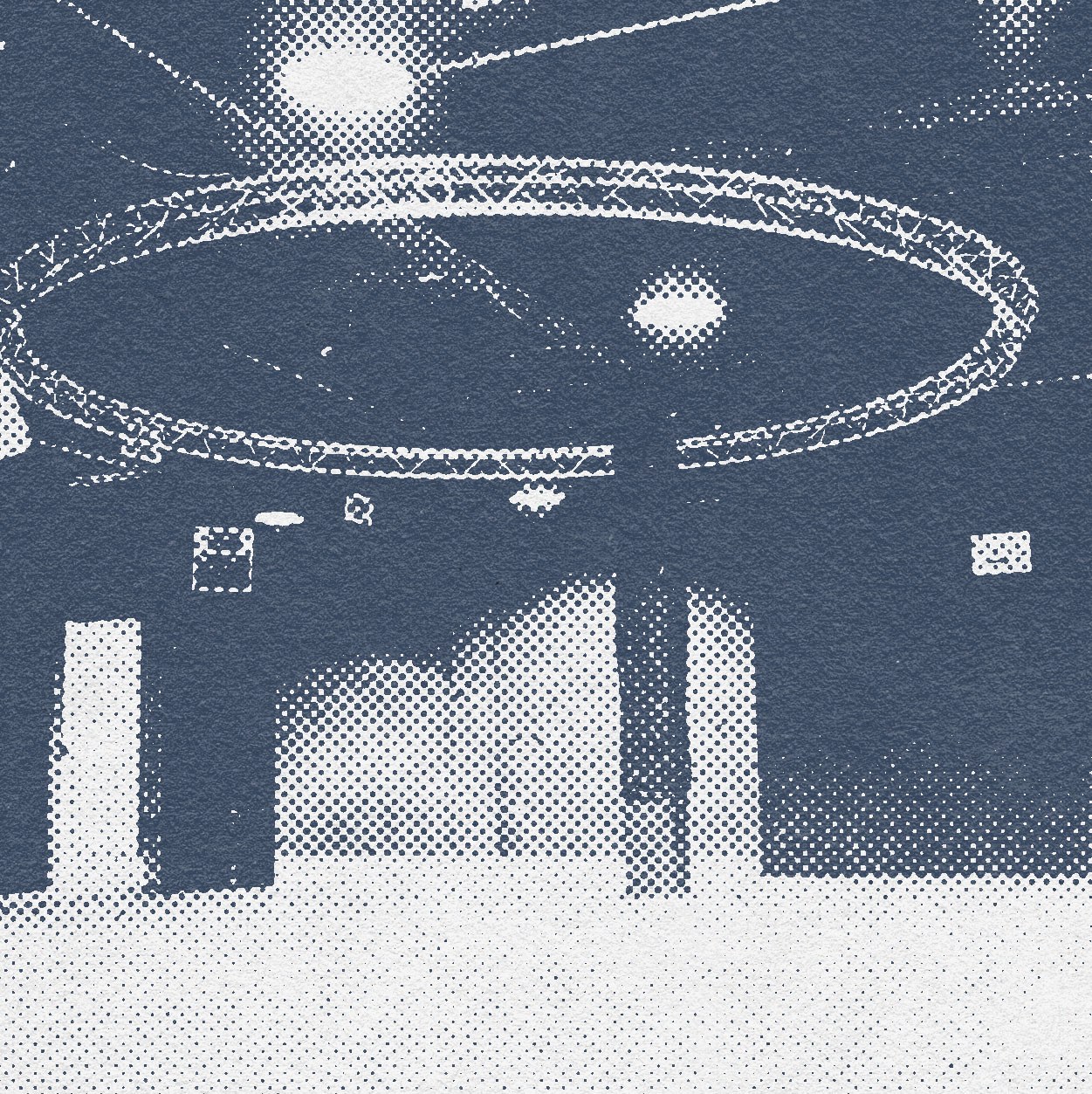
Of the artists we spoke to for this piece, Manchester-based Afrodeutsche, 39, is the one who has suffered most, but she has also displayed admirable strength of character, managing to keep her spirit high in the face of adversity. Afrodeutsche caught COVID-19 in March and suffered extreme symptoms, including losing her mobility and having great difficulty breathing. Still in recovery, the symptoms still persist from time to time, affecting her daily life when they do. “It’s completely changed my life,” she says. “It seems weird talking about it now because it’s been months and months and months of not being well and trying to get on with things.”
She suffers huge dips in energy and can’t get out of bed, explaining that she can’t move but her mind is wide awake. “I’m really grateful that I’m still here because it was really bad. I refused to go to hospital because I was just too scared,” she says, acutely aware of the potentially fatal effects of the virus.
But she has been able to make peace with it and take a positive view, seeing the break in touring as one of the key benefits of this time. “I didn’t realise that I needed to stop. Looking back at my schedule now it feels otherworldly. I can’t believe I was actually doing that,” she tells us. “I really had to reconcile in my head all of the lost shows. I was booked up until 2021, it was astronomical. I had to sit down and let that go because I could have seen it as a huge loss but actually, on a personal level, it was really important that I did stop. It made the way for the work I had been preparing for.”
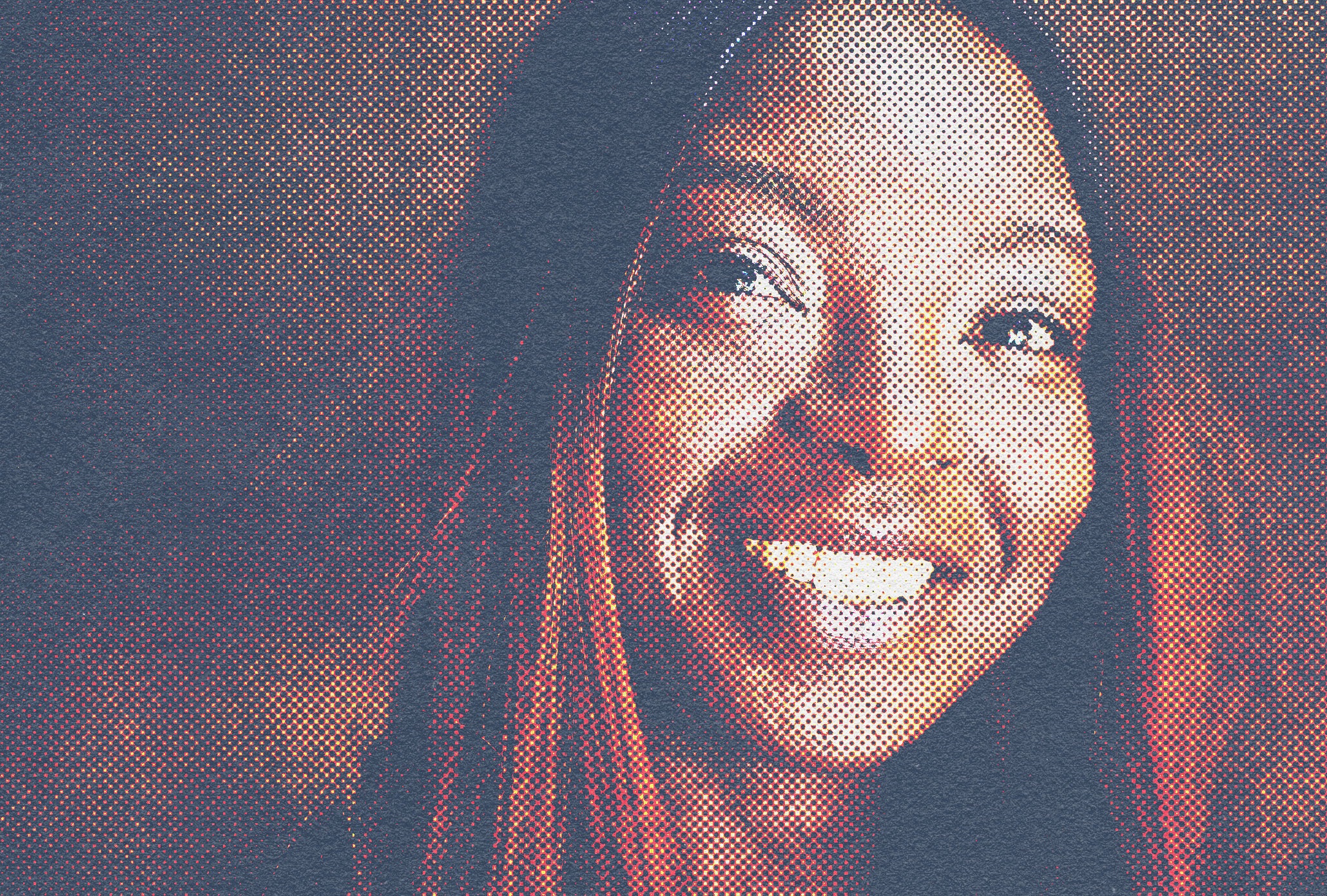
Both Sebastian and Poté have also enjoyed the time away from performing. The latter simply says that, being a studio hound at heart, he’s relishing the opportunity to get fully immersed in production without the distraction of being out on the road every weekend. Mullaert has been considering how to cultivate a more sustainable way to tour, suggesting short-term residencies in key locations around the world. Not only would it save on carbon emissions but it would also put less physical and mental stress on Sebastian, and any other artists involved. His idea is to play 12 times a year, staying in each location for a week at a time, perhaps with workshops and other related endeavours attached to the ‘residency’.
As well as working on her own music and rediscovering her voice through singing again, Afrodeutsche has also created a sample pack, released via Spitfire Audio. She’d also written a requiem, which she performed at CTM at Berghain back in January, playing piano, singing for the first time in years and incorporating visuals. The work that went into that show has led on to her putting together an album. Through lockdown she has shifted the direction of what she’s releasing from herself, energetically and personally speaking, which is feeding back into the album project.
Effy has also found that the pandemic has had a direct impact on her output. She’s been listening to a lot more music, utilising the increase in free time to explore genres that she never had the time for. “It’s helping me to be inspired and produce and it’s helping my mental health. It’s pretty much all I’ve been doing. I did a remix for Scuba just after lockdown, it’s very emotional compared to ‘Bodied’,” she says. “The remix I did for Shall Not Fade was also really melodic and emotional. I made them when it was getting really hard and I didn’t know what was going on. Now, I’m really fed up and craving the rave so much, so all I’m making is aggressive techno.”
This newfound spirit of creativity and ingenuity has also popped up during Bandcamp Days, when the music distribution platform waives their fees. The now regular special events have inspired artists and labels to dream up new ways to package their music, some digging through old hard drives to gift their fans with unreleased music, while others have created new music or special packages featuring limited edition memorabilia, records or brand new material exclusively for the platform. Erased Tapes put out test pressings from Penguin Cafe, Ben Lukas Boysen, Anne Müller, Douglas Dare. 50 Weapons pressed up 11 different colour 12″s with full cover sleeves and Bradley Zero’s Rhythm Section dropped exclusive new releases from 30/70 and Hiatt dB. Lil Silva set up a Bandcamp page and released several never-heard-before tracks across five vinyl pressings, while Dom & Roland went all out with a limited run of all his original Roland floppy discs, 90 in total. They included some of his best-known productions, ‘Can’ Punish Me’, ‘Thunder’, ‘Sonar’ and ‘Skylab’, giving fans a chance to own a piece of drum ‘n’ bass history, signed by the artist himself.
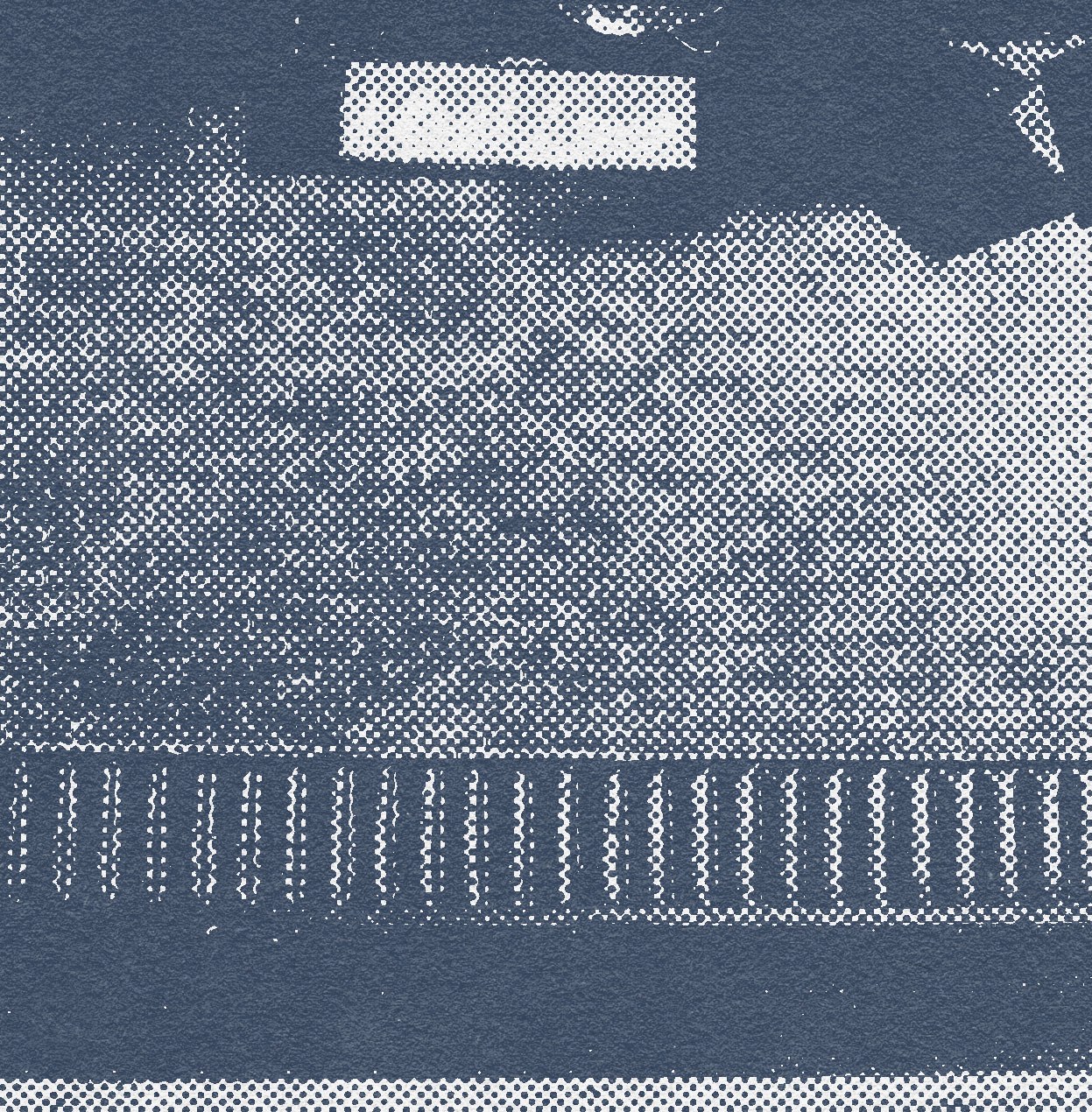
For others though, it hasn’t been that easy to find the time and headspace to get creative in the studio. With his newly-launched educational platform, plus a hotel to run and his family to take care of, Sebastian has struggled to find the inspiration to produce. “It’s been an emotionally draining year. I’ve been in the studio doing things, but I haven’t felt as much inspiration to do music this year,” he says, adding that the ubiquitous feeling of uncertainty and fear has led to a creative drought for a lot of artists, especially those who don’t have the financial bandwidth to maintain their lifestyles. “I have some friends who are headliners, who have managed to keep a few hundred thousand Euros sitting in their bank account, so they can go to the studio without any worries. But there are a lot of artists who don’t have the room to put away that kind of money.”
Read this next: "I've already lost thousands": How coronavirus is affecting music
Outside of music, the pandemic has also created space for artists to grow personally, whether that be through taking time to read or reflect more, to build stronger bonds with friends, or form new communities. “It’s definitely strengthened my relationships with friends,” says Effy. “Having a mutual connection with other people in the music industry, who I might not have spoken to in the past, due to our shared hardship has really helped my mental health. There’s a common ground, no matter what genre you’re in. This has been a huge thing for me.”
She’s also written letters to local MPs for her friends and put an announcement on her Instagram account offering to do the same for anyone who wanted her assistance. In the end she wrote 20 letters, tailoring them for each MP’s local constituency.
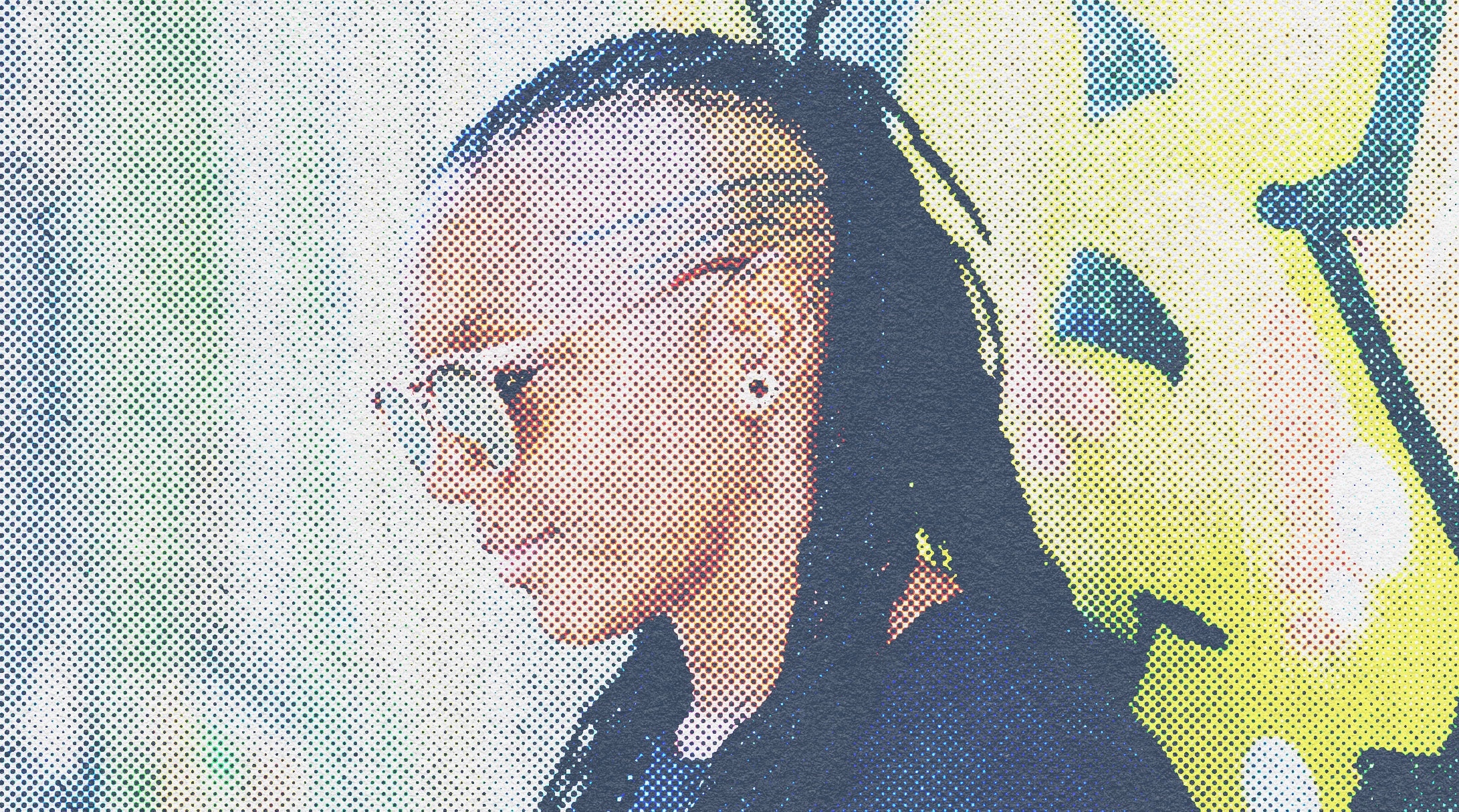
Syreeta delved into meditation, which, she says, has been a literal lifesaver. “I’ve become so much more spiritual. Meditation has literally saved my life through COVID,” she says. “Twenty minutes of daily meditation, listening to gurus and having reiki and things like that. It’s changed my entire through process on things.”
She practices Hatsurei Ho, which is a reiki technique. Syreeta says she now feels more connected with nature, has started going for walks in nature and gets her energy from trees. “I’ve gone deep!” she quips, also singing the praises of Jamaican guru Mooji. “Everyone should listen to Mooji, he just makes so much sense,” she adds. “It’s so simple but no one takes time out to process half the things they do in their day-to-day. 15 minutes of sitting doing nothing and having no thoughts, it’s just mindblowing. You don’t realise how effective it is until you do it.”
Read this next: Scientists are recommending MDMA for treating mental health after lockdown
Poté reveals that lockdown has been particularly beneficial for his wellbeing, investing the extra time and space into doing therapy. “It’s given me a lot of time to reflect and go to therapy for the first time,” he explains. “That gives you an opportunity to get to know yourself better and be a better person for yourself and a better person for society. Understanding yourself a lot better and I think we owe it to ourselves and everyone around us to get a better grasp of who we are. It’s been one of my highs and something I’m very proud of doing, and continuing to do.”
And Sebastian Mullaert, who practices zen meditation, says he’s found that this year, more than ever, his dedication to wellbeing has been an essential foundation for dealing with the madness that the world has endured throughout 2020. “Being more present, more here, more connected, is the key to dealing with life regardless of whether it’s a minor situation that happens or a global pandemic,” he says. “More than ever this should be a wake up call that, step number one, is to find this balance and have that centre within yourself. A big part of In Bloom is about that; much less about helping people to do things, more about inspiring people to set the foundation for their process to take form. For me it begins with meditation, improvisation, nature. It’s what we should have learned as kids.”
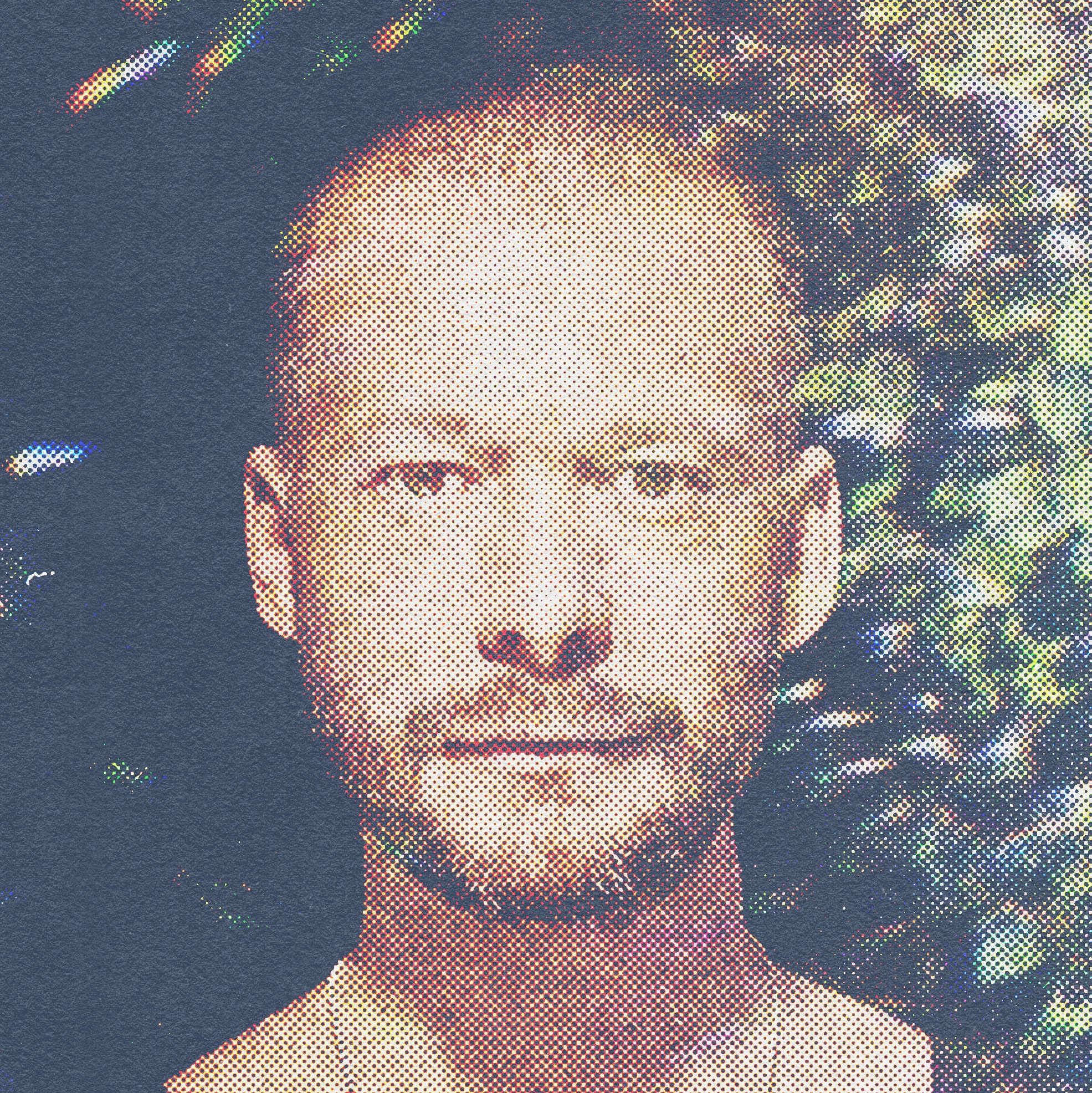
At Radio 1 Jaguar has found that the support she’s been giving to newcomers has cultivated a community of emerging artists and created a positive feedback loop between herself and the artists she showcases. Like Tom Everett, for example, whose track ‘Patti’ was played by Jag for the first time in April. His manager heard the track on Jag’s show and took him on board. They managed to get it signed to Universal and now it’s been played by Annie Mac, Danny Howard and Pete Tong, and it’s been playlisted on daytime Radio 1.
“There’s a guy from Glasgow called Lotrax who I played at the weekend,” Jaguar says. “He messaged me to say, ‘Oh my God, you playing my track on Radio 1 means so much to me. I was having such a bad year and this has picked me up’.”
“The transition I’ve seen in artists I’ve been paying this year and the people I’ve seen collaborating with each other; it’s just been really beautiful,” she adds. “We’ve been building this community of emerging dance acts and I love being a part of that.”
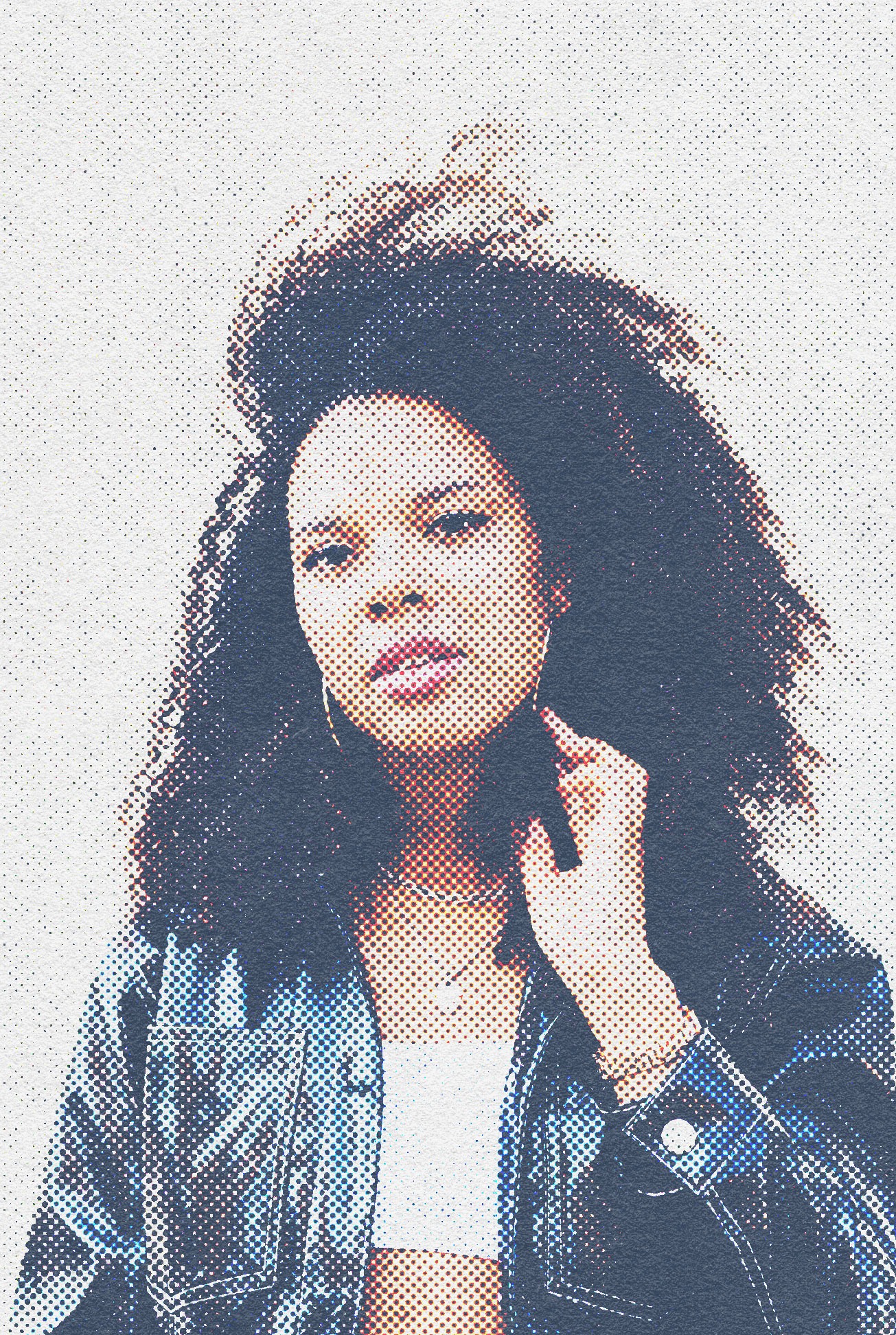
In a year where, for many of us, it’s felt like a never ending cycle of bad news, obstacles, government neglect and even a loss of hope, glimmers of hope have come through the way in which our community has mobilised, supported one another and utilised their creativity to innovate. At the same time, refocusing our energy on ourselves and our loved ones, filling the void left by a lack of live events has also provided strength and inspiration. It’s been extremely difficult for everyone; musicians, managers, bookers, sound engineers, lighting specialists, bouncers, bar staff and the whole dance music industry. At the moment there seems to be no light at the end of the tunnel, as things get increasingly worse in the UK and parts of Europe, but as Afrodeutsche says, “When you’re at the lowest, lowest, lowest point there’s only one of two ways you can go. I think the planet is at the point where the only place it can go is up and better. We’ve reached that point where it’s crunch time for everything and everyone but we know, historically, as humans that there’s always something better on the horizon, even though it’s the toughest times of our lives… This our chance to be better.”
Marcus Barnes is a freelance journalist and regular contributor to Mixmag, follow him on Twitter here
Read this next: Get the best of Mixmag direct to your Facebook DMs



